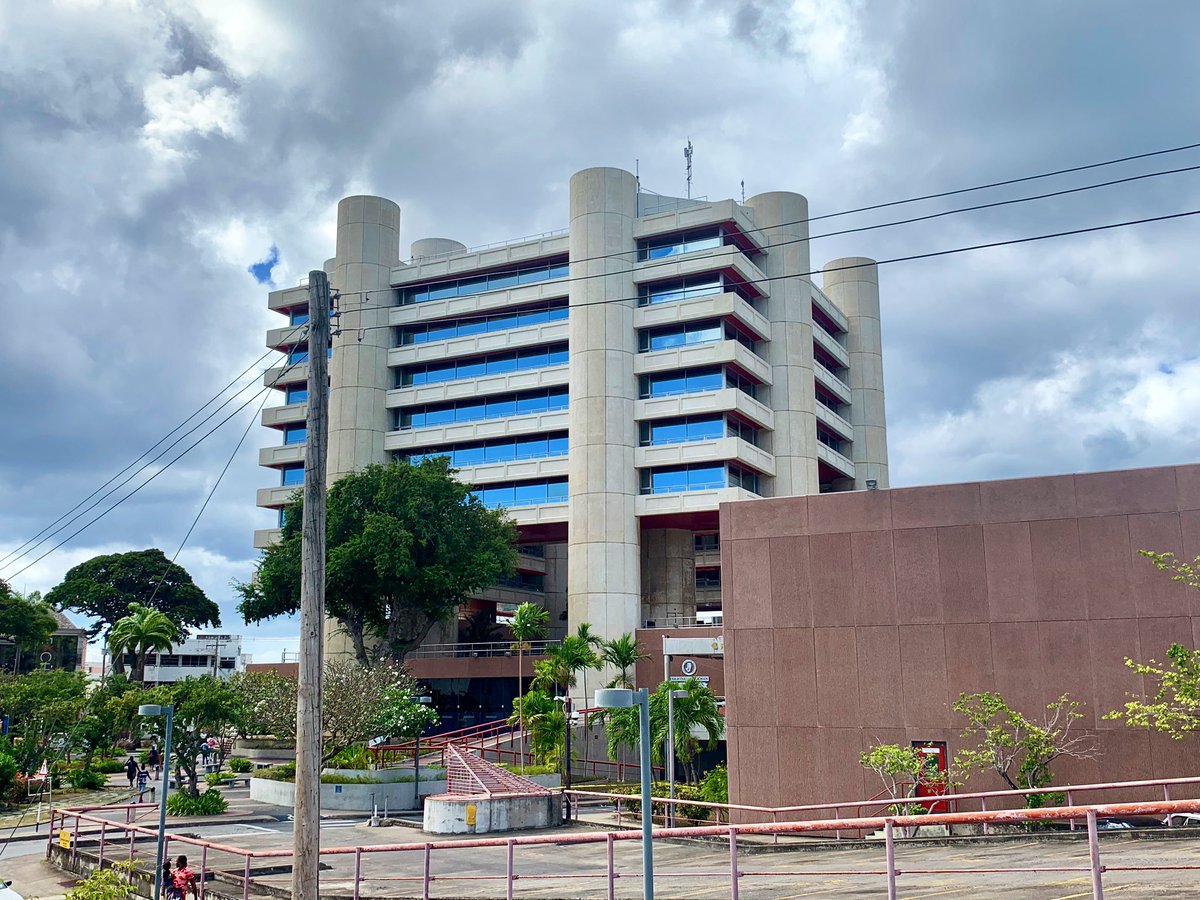Disclaimer: The views and opinions expressed by this author are their own and do not represent the official position of the Barbados Today Inc.
by Ralph Jemmott
The 1960’s is considered the Decade of Independence. Caribbean States in relatively quick succession achieved political sovereignty. It was good to be young and caught up in the ferment of intellectual and pseudo-intellectual discourse. Young undergraduates dreamed of changing the world or at least the region.
Ideologically, we were inclined not to wander too far from the left of centre, for fear of being caught on the wrong side of ‘The Revolution’ which some said was imminent.
I recently came across a ‘New World’ publication entitled, “Readings in the Political Economy of the Caribbean”. It contains articles by a number of the thinkers whose works were considered required reading in the 1960’s and 70’s.
One article by Alister McIntyre, titled “Some Issues of Trade Policy in the West Indies,” examined the nature of regional economic dependency. He asserted that “political independence has not been accompanied by any parallel advances in the economic field.”
In fact he stated that in the 1960’s, the Caribbean territories were uncharitably described by some commentators as “mendicant economies”. He quotes a leading London newspaper as describing a West Indian delegation to Britain as constituting “a Beggar’s Opera”.
It is amazing how dependent regional economies have remained over fifty years later. But the reality is that we live in an increasingly inter-dependent world. Back then we were dependent on overseas markets for the sale of primary commodities and access to capital.
Selwyn Ryan estimated that in Trinidad and Tobago in 1959 the imported share of capital formation was as high as 53 per cent. We are even more dependent today. With most of our eggs in the services basket, the Barbadian economy became overwhelmingly dependent on tourism which constitutes almost 40 per cent of GDP.
Within the global marketplace we remain highly dependent on foreign capital investment and transfers for banking and financial services. In a number of articles Harry Russell has pointed out how we are in thrall to the foreign banks.
He has also suggested that we may not be getting as much out of tourism investment as we should, and that a lot of the revenue remains offshore even as the foreign investors seek generous tax and other concessions. Similarly, in a knowledge-based economy we remain highly dependent on foreign technical expertise.
Barbados remains a heavy importer of a wide variety of goods, including foodstuffs, particularly as we have developed an imitation First World lifestyle with an insatiable appetite for expensive foreign commodities. A Barbadian-born Canadian once expressed surprise that anything you could find in a Mall in Montreal or Toronto, could now be found in Barbados. She cautioned that Barbadians were living above their means.
Champagne tastes with mauby pockets has led to grinding indebtedness. For small developing states like Barbados, there really is no such thing as economic sovereignty. It is easy to talk about rejecting the neo-liberal capitalist order, but it really is the only game in town.
McIntyre distinguished between structural dependence and functional dependence. The former he defines as “the dependence that arises because of the size and structure of the economy.” This level of dependence, he contends, “cannot be helped.” It is an existential reality.
Functional dependence on the other hand, is a consequence of policies pursued or not pursued, and is largely avoidable if right initiatives are followed. Of course it is not always possible to know what constitutes the right policies that can guarantee the right outcomes. There are two strategies that might assist in diminishing Barbados’ current level of dependency. The first is the overwhelming dependence on fossil fuels imports and the preplacement by solar and wind energy.
Central Bank figures indicate that Barbados spent $728.1 million on imported petroleum products in 2019, some $16 million more than what was expended in 2018. This we are working to change, even if rather slowly.
The second strategy is producing more of our own food, in part to prevent the outflow of foreign exchange. In 2018 Barbados’ food import bill stood at exactly $685 million, of which fruit and vegetables accounted for 10 percent or some $66 million. We can never produce all the food we consume. However we must strive to produce foods at a price appreciably close to that of foreign imports.
It is clear that there are enterprises that will continue to be the engines of Barbados’ economic growth. We are tied to tourism in which we have a comparative advantage and in which in terms of infrastructure and otherwise much has been invested. COVID and its variants may ultimately determine tourism outcomes. In that regard we must tread carefully.
In spite of the ostensibly outrageous assaults from the OECD and the European Union in regard to blacklisting, we must press on with attracting International Business.
It remains a major source of corporate tax earnings, amounting to some $612.9 million between April 2020 and March 2021. We must stop talking about the ease of doing business and actually do what needs to be done. The Pandemic has shown up our dependency and susceptibility to external shock. The reality may be that whether we like it or not, we may have to retreat from the high consumer lifestyle which we may be ill equipped to sustain.
Barbados has to earn its keep if the economy is to remain viable. We cannot keep borrowing, even when the terms are more favourable and ostensibly less onerous. Eventually the creditors will come a’ calling. We cannot keep getting caught up in a revolution of ever rising material expectations. But no politician will tell the people that. It will not get them elected and the people like the little boy in Charles Dickens’ novel keep asking for MORE.
Ralph Jemmott is a respected retired educator.




